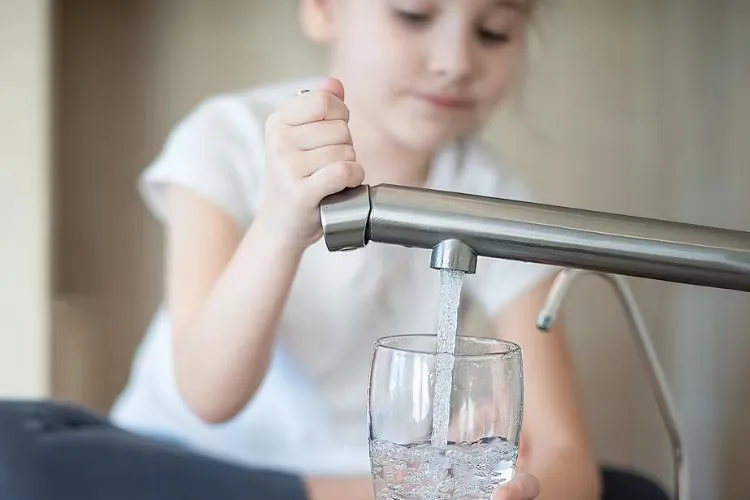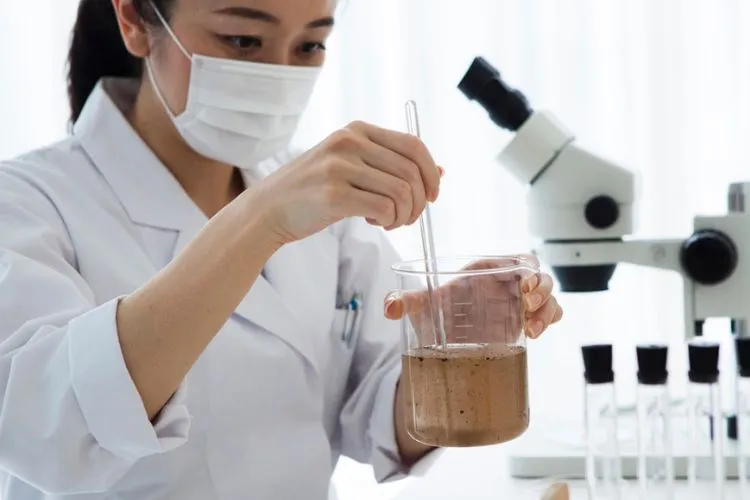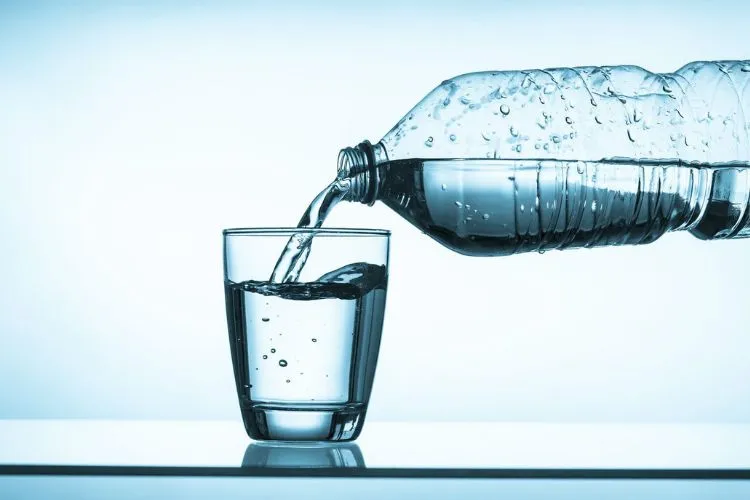The quality of drinking water is a fundamental concern for any city, and Boston is no exception.
With a sprawling metropolitan populace and a rich history, the safety and purity of Boston’s tap water is a vital issue.
So, is Boston tap water safe to drink?
This comprehensive safety review delves deep into the sources, processes, and regulations that govern Boston’s water supply, making it an indispensable resource for residents and visitors aiming to understand the drinkability and safety of the city’s tap water.

💦 Is Boston Tap Water Safe to Drink?
Boston’s tap water originates from the Quabbin and Wachusett Reservoirs, located to the west of the city.
These reservoirs have been the cornerstone of Boston’s water supply system and are a marvel of modern engineering and natural resource management.
The delicate balance of maintaining these vast bodies of water against the needs of a growing urban population is an ongoing task.
Protecting the surrounding watersheds is vital for preserving the reservoirs’ water quality.
💦 The Water Treatment Processes in Boston
Upon being harnessed from these reservoirs, Boston’s water is put through a series of rigorous treatment processes managed by the Massachusetts Water Resources Authority (MWRA).
The water is carefully filtered to remove particulate matter and disinfected with chemicals such as chlorine to kill microorganisms.
To reduce the risk of corrosion within the city’s pipes, and subsequent contamination, the water also undergoes careful pH adjustments.
💦 Water Quality Testing and Regulation
Regular testing and adherence to strict EPA regulations are at the heart of Boston’s water quality assurance.
These regulations are part of the Safe Drinking Water Act that all city water supplies must comply with nationwide.
Boston’s water is tested against a wide spectrum of potential contaminants, including bacteria, metals, and chemicals, and the city’s water quality reports have consistently affirmed that Boston’s water meets or surpasses these stringent standards.

💦 Addressing Common Contaminants and Concerns
Even with strict safeguards, some contaminants like lead from household plumbing or trace levels of synthetic chemicals known as PFAS may occasionally make their way into the water supply.
How these minor contaminants are managed is crucial, and Boston has policies in place to monitor and address these concerns.
💦 Practices to Enhance Water Safety at Home
To further enhance water safety at home, beyond relying on the general safety of the main water supply, residents can engage in several practical measures.
Using water filters that have earned NSF International certification can help in significantly reducing or eliminating certain harmful contaminants.
Furthermore, investing in do-it-yourself (DIY) home water testing kits can empower individuals to conduct their own water quality assessments conveniently.
These kits allow for the detection of common contaminants such as lead, pesticides, E. coli, and chlorine levels.
Employing these methods provides an additional layer of assurance regarding the water’s safety, thereby addressing any specific concerns about potential pollutants and ensuring the wellbeing of household members.
💦 The Role of Environmental Health in Water Quality
There’s an incontrovertible relationship between environmental practices and the safety of tap water.
Protecting Boston’s natural water sources and adhering strictly to environmental laws are essential elements in ensuring long-term water quality.
Responsible behaviors from residents, such as supporting sustainable initiatives and practices, contribute significantly to maintaining the integrity of Boston’s water.
💦 Exploring the Future of Water Safety in Boston

Boston confronts several challenges in terms of water safety, especially due to climate change and aging water infrastructure.
Despite these challenges, continual investments in modern water treatment technologies and infrastructure upgrades seem promising. These proactive efforts will play a crucial role in securing a safe water supply well into the future.
💦 Pro Tips for Ensuring Water Safety
To be certain of your drinking water’s safety, make sure to keep up with the latest reports on water quality in your area. In case of any personal concerns, do consider installing NSF-certified water filters in your home.
Regular checks for older properties might reveal plumbing issues that need to be addressed. By remaining vigilant and adopting these measures, you can help guarantee the safety of your water.
💦 Frequently Asked Questions (FAQs)
How Can I Get My Tap Water Tested in Boston?
You can request testing kits from the Boston Water and Sewer Commission, which enable you to collect a sample and have it analyzed for potential contaminants.
Is Boston Tap Water Safe to Drink During a Boil Water Advisory?
No, during a boil water advisory, the water may be contaminated. It is essential to follow the city’s instructions and boil water for one minute before using it for drinking, cooking, or brushing teeth.
What Should I Do if My Water Looks, Smells, or Tastes Off?
Immediate reporting of any such changes to the MWRA is the recommended step. The authority can conduct an investigation to assess and address your water safety concerns.
How Does Boston Handle Water Safety in Emergencies?
Boston has robust emergency response strategies in place. These include alternative water delivery systems and fast-acting water safety assessments post any disrupting event.
Are There Ongoing Health Advisories for Boston’s Water?
For the most up-to-date health advisories and information on water quality, regularly visit the MWRA’s official website.
Conclusion:
In our exploration of Boston’s tap water—from its origins to the rigors of treatment and regulatory compliance—it is apparent that there is a strong commitment to maintaining a high standard of safety.
While the city provides clean and safe tap water, individuals are also encouraged to be informed and take personal steps to ensure their water is safe.
Boston’s drinkability standard is a reflection of the city’s dedication to public health and responsible environmental management.
Secure and clean tap water is a shared communal goal that needs collaboration from both the authorities and the citizens.

Devon Shorts, a seasoned expert with over a decade of experience in water safety, shares valuable insights on this blog “Aqua Safety Plus”. Trust his expertise to keep your water clean and your family safe.
